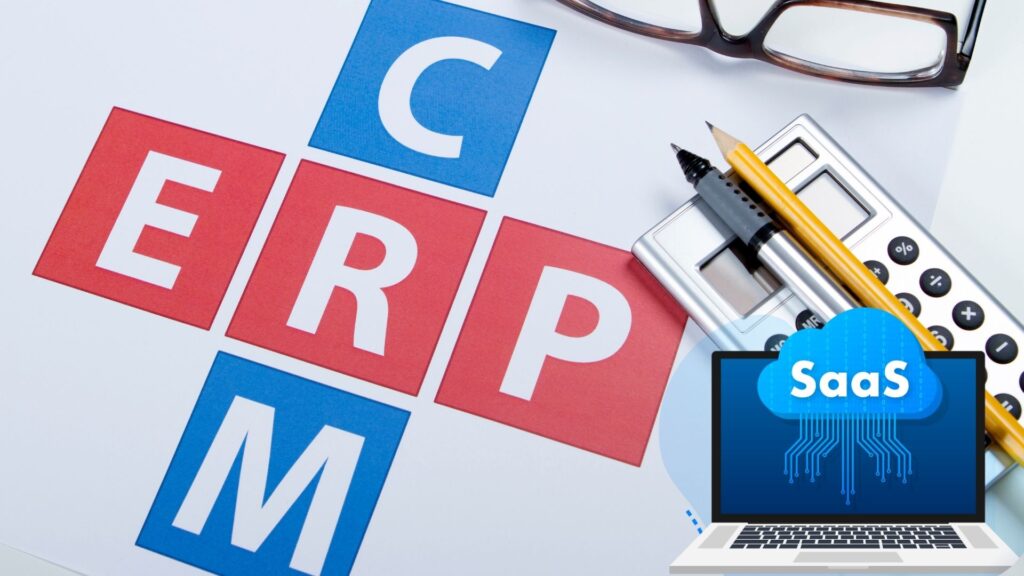
See More Case Studies

Why Security Is Not Compromised in Modern Web Development
In today’s hyper-connected digital landscape, the Security in web development is no longer an issue of aesthetics and functionality. Instead, the modern web development essentially has to

The Role of ERP in CRM: An Overview Introduction
Customer satisfaction plays the core of any business, and effective management of relationships with customers has proven to be crucial in sustaining growth. Two of

Managed Services: Maximize Efficiency and Reduce Costs
In today’s fast-paced business world, efficiency is paramount. Every organization strives to streamline operations, reduce costs, and maximize productivity to stay ahead of the competition.
Partner with Us for Comprehensive IT
We’re happy to answer any questions you may have and help you determine which of our services best fit your needs.
Your benefits:
- Client-oriented
- Independent
- Competent
- Results-driven
- Problem-solving
- Transparent
What happens next?
We Schedule a call at your convenience
We do a discovery and consulting meting
We prepare a proposal
